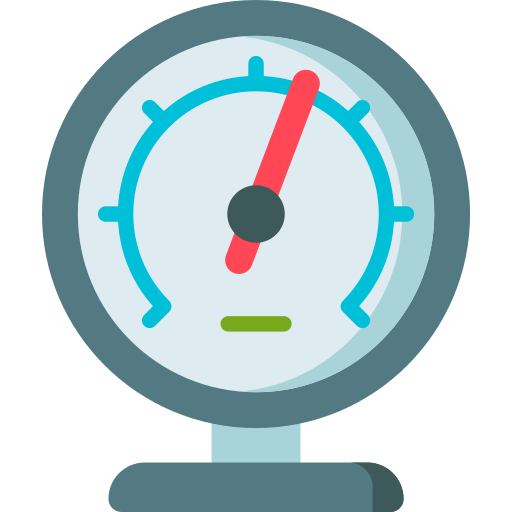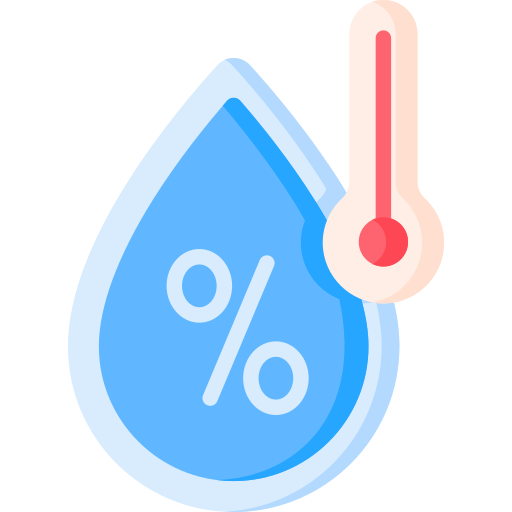Vienna - Introduction

About Vienna
Vienna ( vee-EN-ə; German: Wien [viːn] ; Austro-Bavarian: Wean [veɐ̯n]) is the capital, most populous city, and one of nine federal states of Austria. It is Austria's primate city, with just over two million inhabitants. Its larger metropolitan area has a population of nearly 2.9 million, representing nearly one-third of the country's population. Vienna is the cultural, economic, and political center of the country, the fifth-largest city by population in the European Union, and the most-populous of the cities on the river Danube.
The city lies on the eastern edge of the Vienna Woods (Wienerwald), the northeasternmost foothills of the Alps, that separate Vienna from the more western parts of Austria, at the transition to the Pannonian Basin. It sits on the Danube, and is traversed by the highly regulated Wienfluss (Vienna River). Vienna is completely surrounded by Lower Austria, and lies around 50 km (31 mi) west of Slovakia and its capital Bratislava, 60 km (37 mi) northwest of Hungary, and 60 km (37 mi) south of Moravia (Czech Republic).
The once Celtic settlement of Vedunia was converted by the Romans into the castrum Vindobona (province of Pannonia) in the 1st century, and was elevated to a municipium with Roman city rights in 212. This was followed by a time in the sphere of influence of the Lombards and later the Pannonian Avars, when Slavs formed the majority of the region's population. From the 8th century on, the region was settled by the Baiuvarii. In 1155, Vienna became the seat of the Babenbergs, who ruled Austria from 976 to 1246. In 1221, Vienna was granted city rights. During the 16th century, the Habsburgs, who had succeeded the Babenbergs, established Vienna as the seat of the emperors of the Holy Roman Empire, a position it held until the empire's dissolution in 1806, with only a brief interruption. With the formation of the Austrian Empire in 1804, Vienna became the capital of it and all its successor states.
Throughout the modern era, Vienna has been among the largest German-speaking cities in the world. It was the largest in the 18th and 19th century, peaking at two million inhabitants before it was overtaken by Berlin at the beginning of the 20th century. Vienna is host to many major international organizations, including the United Nations, OPEC and the OSCE. In 2001, the city center was designated a UNESCO World Heritage Site. In July 2017, it was moved to the list of World Heritage in Danger.
Vienna has been called the "City of Music" due to its musical legacy, as many famous classical musicians such as Beethoven, Brahms, Bruckner, Haydn, Mahler, Mozart, Schoenberg, Schubert, Johann Strauss I and Johann Strauss II lived and worked there. It played a pivotal role as a leading European music center, from the age of Viennese Classicism through the early part of the 20th century. Vienna was home to the world's first psychoanalyst, Sigmund Freud. The historic center of Vienna is rich in architectural ensembles, including Baroque palaces and gardens, and the late-19th-century Ringstraße, which is lined with grand buildings, monuments, and parks.
In 2024, Vienna retained its position as most livable city per the Economist Intelligence Unit, and has spent every year since 2015 in the top two places, bar 2021 due to the COVID-19 lockdowns.
Vienna Current Weather
,
| Parameter | Value |
|---|---|
Wind 
|
|
Pressure 
|
|
Humidity 
|
|
Visibility 
|
|
UV Index 
|
|
Precip 
|